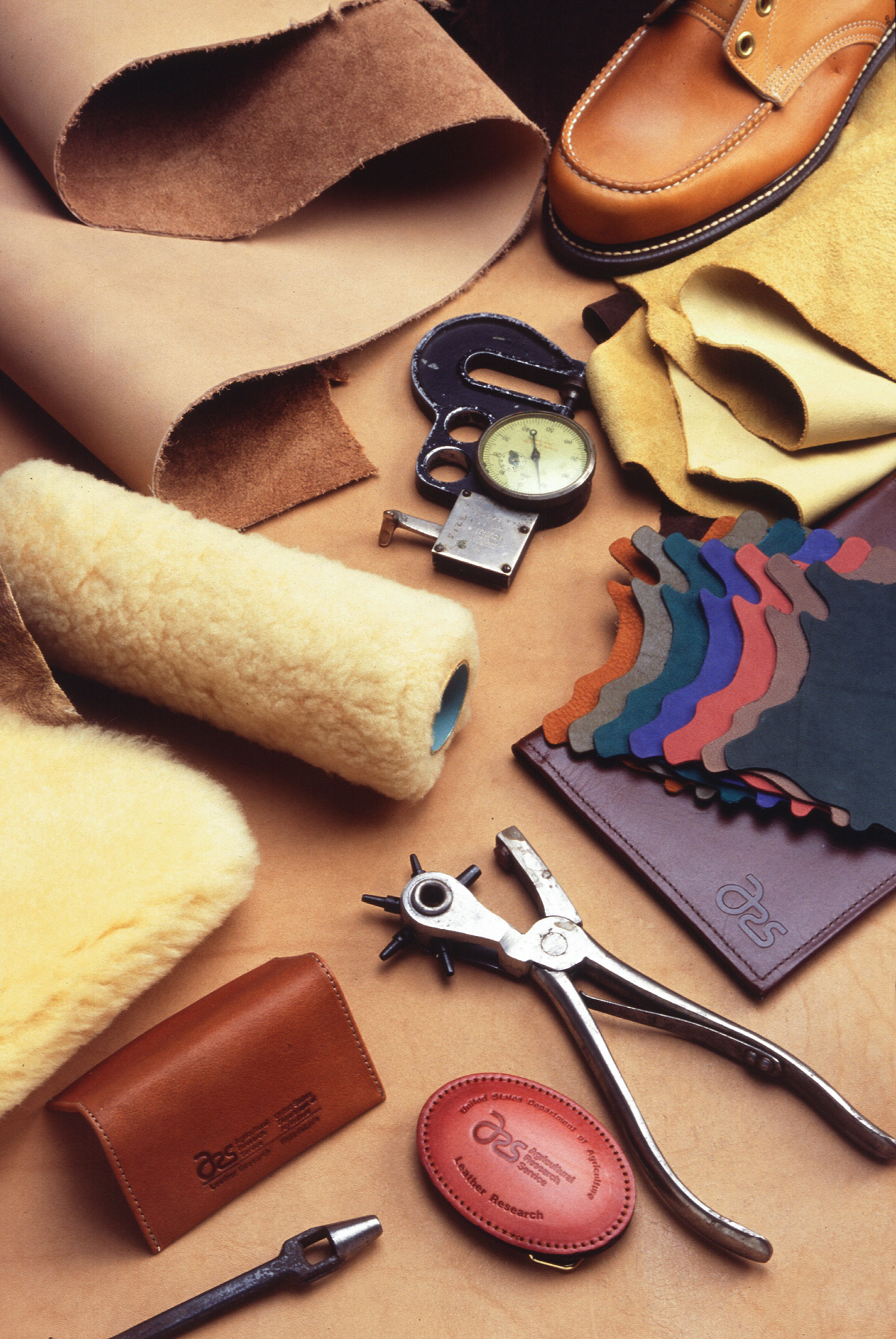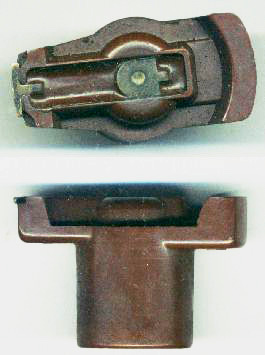|
Costume Jewellery
Costume or fashion jewelry includes a range of decorative items worn for personal adornment that are manufactured as less expensive ornamentation to complement a particular fashionable outfit or garmentBaker, Lillian. Fifty Years of Collectable Fashion Jewelry. Paducah: Collector Books, 1986. as opposed to "real" (fine) jewelry, which is more costly and which may be regarded primarily as collectibles, keepsakes, or investments. From the outset, costume jewelry — also known as fashion jewelry — paralleled the styles of its more precious fine counterparts Terminology It is also known as artificial jewellery, imitation jewellery, imitated jewelry, trinkets, fashion jewelry, junk jewelry, fake jewelry, or fallalery. Etymology The term costume jewelry dates back to the early 20th century. It reflects the use of the word "costume" to refer to what is now called an " outfit". Components Originally, costume or fashion jewelry was made of inexpensive simulated gemstones, such as ... [...More Info...] [...Related Items...] OR: [Wikipedia] [Google] [Baidu] |
Swatch Bijoux Jewelry
Swatch is a Swiss watchmaker founded in 1983 by Ernst Thomke, Elmar Mock, and Jacques Müller. It is a subsidiary of The Swatch Group. The Swatch product line was developed as a response to the "quartz crisis" of the 1970s and 1980s, in which inexpensive, battery-powered, quartz-regulated watches were competing against more established European watchmakers, focused on artisanal craftsmanship producing mostly mechanical watches. The name Swatch is a contraction of "second watch", as the watches were intended as casual, disposable accessories. History Swatch began development in the early 1980s, under the leadership of the then ETA SA's CEO, Ernst Thomke with a small team of watch engineers led by Elmar Mock and Jacques Müller. Conceived as a standard timekeeper in plastic, Franz Sprecher, a marketing consultant hired by Thomke to give the project an outsider's consideration, sought to create a fashionable line of watches. Swatch was originally intended to re-capture entry l ... [...More Info...] [...Related Items...] OR: [Wikipedia] [Google] [Baidu] |
Leather
Leather is a strong, flexible and durable material obtained from the tanning, or chemical treatment, of animal skins and hides to prevent decay. The most common leathers come from cattle, sheep, goats, equine animals, buffalo, pigs and hogs, and aquatic animals such as seals and alligators. Leather can be used to make a variety of items, including clothing, footwear, handbags, furniture, tools and sports equipment, and lasts for decades. Leather making has been practiced for more than 7,000 years and the leading producers of leather today are China and India. Animal rights groups claim that modern commercial leather making and the consumption of its products is unethically killing animals. According to the life-cycle assessment (LCA) report for the United Nations Industrial Development Organization, 99% of the raw hides and skins used in the production of leather derive from animals raised for meat and/or dairy production. Critics of tanneries claim that they engage in uns ... [...More Info...] [...Related Items...] OR: [Wikipedia] [Google] [Baidu] |
Miriam Haskell
Miriam Haskell (July 1, 1899 – July 14, 1981) was an American designer of costume jewelry. With creative partner Frank Hess, she designed affordable pieces from 1920 through the 1960s. Her vintage items are eagerly collected and the namesake company, which first displayed her jewelry in New York City's McAlpin Hotel, continues. It is currently listed as ''Haskell Jewels, LLC''. Early life Haskell was born on July 1, 1899, in Tell City, Indiana, a small town on the Ohio River, approximately 80 miles southwest of Louisville, Kentucky. After high school in New Albany, where her Russian Jewish immigrant parents ran a dry-goods store, she studied for three years at Chicago University. Establishing her business Moving to New York City in 1924 with $500 in her pocket, she opened a jewelry boutique in 1926 in the old McAlpin Hotel, and a second outlet within the year at West 57th Street. Frank Hess joined her business the same year. Despite some controversy concerning the extent t ... [...More Info...] [...Related Items...] OR: [Wikipedia] [Google] [Baidu] |
Chanel
Chanel ( , ) is a French high-end luxury fashion house founded in 1910 by Coco Chanel in Paris. Chanel specializes in women's ready-to-wear, luxury goods, and accessories and licenses its name and branding to Luxottica for eyewear. Chanel is well known for its Chanel No. 5, No. 5 perfume and "Chanel Suit". Chanel is credited for revolutionizing ''haute couture'' and ready-to-wear by replacing structured, Corset, corseted silhouettes with more functional garments that women still found flattering. History Coco Chanel Era ;Establishment and recognition (1909–1920s) The House of Chanel originated in 1909 when Gabrielle Chanel opened a millinery shop at 160 Boulevard Malesherbes, the ground floor of the Parisian flat of the socialite and textile businessman Étienne Balsan, of whom she was the mistress. Because the Balsan flat also was a Salon (gathering), salon for the French hunting and sporting élite, Chanel had the opportunity to meet their ''Demimonde, demi-mondaine'' ... [...More Info...] [...Related Items...] OR: [Wikipedia] [Google] [Baidu] |
Dior
Christian Dior SE (), commonly known as Dior (stylized DIOR), is a French Luxury goods, luxury fashion house controlled and chaired by French businessman Bernard Arnault, who also heads LVMH, the world's largest luxury group. Dior itself holds 42.36% shares of and 59.01% voting rights within LVMH. Financière Jean Goujon, "a wholly owned subsidiary of Christian Dior", held 42.36% of capital and 59.01% of voting rights within the company at the end of 2010. The company was founded in 1946 by French fashion designer Christian Dior, who was originally from Normandy. This brand just sells shoes and clothing and can only be bought in Dior stores. Haute couture is under the ''Christian Dior Couture'' division. Pietro Beccari has been the CEO of ''Christian Dior Couture'' since 2018. History Founding The House of Dior was established on 16 December 1946 [...More Info...] [...Related Items...] OR: [Wikipedia] [Google] [Baidu] |
Heirloom
In popular usage, an heirloom is something that has been passed down for generations through family members. Examples are a Family Bible, antiques, weapons or jewellery. The term originated with the historical principle of an heirloom in English law, a chattel which by immemorial usage was regarded as annexed by inheritance to a family estate. Loom originally meant a tool. Such genuine heirlooms were almost unknown by the beginning of the twentieth century. English legal history In the English legal system, any owner of a genuine heirloom could dispose of it during his lifetime, but he could not bequeath it by will away from the estate. If the owner died intestate, it went to his heir-at-law, and if he devised the estate it went to the devisee. The word subsequently acquired a secondary meaning, applied to furniture, pictures, ''etc.'', vested in trustees to hold on trust for the person for the time being entitled to the possession of a settled house. Such things were ... [...More Info...] [...Related Items...] OR: [Wikipedia] [Google] [Baidu] |
Industrial Revolution
The Industrial Revolution was the transition to new manufacturing processes in Great Britain, continental Europe, and the United States, that occurred during the period from around 1760 to about 1820–1840. This transition included going from hand production methods to machines, new chemical manufacturing and iron production processes, the increasing use of steam power and water power, the development of machine tools and the rise of the mechanized factory system. Output greatly increased, and a result was an unprecedented rise in population and in the rate of population growth. Textiles were the dominant industry of the Industrial Revolution in terms of employment, value of output and capital invested. The textile industry was also the first to use modern production methods. The Industrial Revolution began in Great Britain, and many of the technological and architectural innovations were of British origin. By the mid-18th century, Britain was the world's leadi ... [...More Info...] [...Related Items...] OR: [Wikipedia] [Google] [Baidu] |
Middle Class
The middle class refers to a class of people in the middle of a social hierarchy, often defined by occupation, income, education, or social status. The term has historically been associated with modernity, capitalism and political debate. Common definitions for the middle class range from the middle fifth of individuals on a nation's income ladder, to everyone but the poorest and wealthiest 20%. Theories like "Paradox of Interest" use decile groups and wealth distribution data to determine the size and wealth share of the middle class. From a Marxist standpoint, middle class initially referred to the 'bourgeoisie,' as distinct from nobility. With the development of capitalist societies and further inclusion of the bourgeoisie into the ruling class, middle class has been more closely identified by Marxist scholars with the term 'petite bourgeoisie.' There has been significant global middle-class growth over time. In February 2009, ''The Economist'' asserted that over half of the ... [...More Info...] [...Related Items...] OR: [Wikipedia] [Google] [Baidu] |
Topaz
Topaz is a silicate mineral of aluminium and fluorine with the chemical formula Al Si O( F, OH). It is used as a gemstone in jewelry and other adornments. Common topaz in its natural state is colorless, though trace element impurities can make it pale blue or golden brown to yellow orange. Topaz is often treated with heat or radiation to make it a deep blue, reddish-orange, pale green, pink, or purple. Although it is often associated with golden yellow and blue, it comes in a variety of colors, including colorless. The rarest are natural pinks, reds, and delicate golden oranges, sometimes with pink hues. Topaz is a nesosilicate mineral. It is one of the hardest naturally occurring minerals and has a relatively low index of refraction. It occurs in many places in the world. Etymology The name "topaz" is usually believed to be derived (via Old French: Topace and Latin: Topazus) from the Greek ''Τοπάζιος'' (Topázios) or ''Τοπάζιον'' (Topázion), from Τοπα� ... [...More Info...] [...Related Items...] OR: [Wikipedia] [Google] [Baidu] |
Bakelite
Polyoxybenzylmethylenglycolanhydride, better known as Bakelite ( ), is a thermosetting phenol formaldehyde resin, formed from a condensation reaction of phenol with formaldehyde. The first plastic made from synthetic components, it was developed by Leo Baekeland in Yonkers, New York in 1907, and patented on December 7, 1909 (). Because of its electrical nonconductivity and heat-resistant properties, it became a great commercial success. It was used in electrical insulators, radio and telephone casings, and such diverse products as kitchenware, jewelry, pipe stems, children's toys, and firearms. The "retro" appeal of old Bakelite products has made them collectible. The creation of a synthetic plastic was revolutionary for the chemical industry, which at the time made most of its income from cloth dyes and explosives. Bakelite's commercial success inspired the industry to develop other synthetic plastics. In recognition of its significance as the world's first commercial synthet ... [...More Info...] [...Related Items...] OR: [Wikipedia] [Google] [Baidu] |
Mass Production
Mass production, also known as flow production or continuous production, is the production of substantial amounts of standardized products in a constant flow, including and especially on assembly lines. Together with job production and batch production, it is one of the three main production methods. The term ''mass production'' was popularized by a 1926 article in the ''Encyclopædia Britannica'' supplement that was written based on correspondence with Ford Motor Company. ''The New York Times'' used the term in the title of an article that appeared before publication of the ''Britannica'' article. The concepts of mass production are applied to various kinds of products: from fluids and particulates handled in bulk (food, fuel, chemicals and mined minerals), to parts and assemblies of parts (household appliances and automobiles). Some mass production techniques, such as standardized sizes and production lines, predate the Industrial Revolution by many centuries; however, ... [...More Info...] [...Related Items...] OR: [Wikipedia] [Google] [Baidu] |



_26.jpg)




